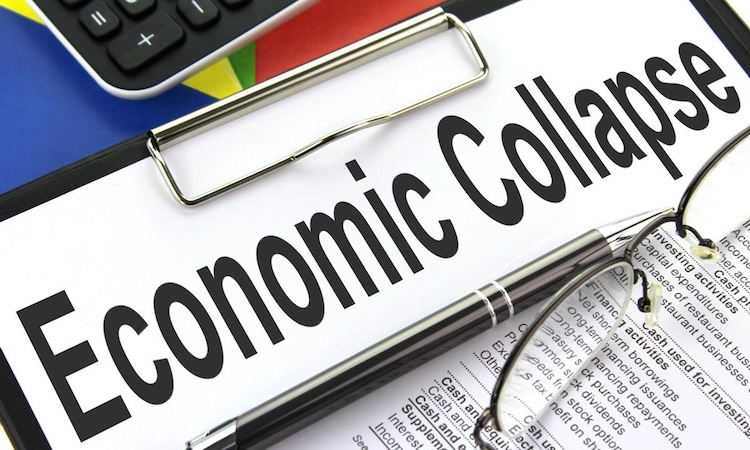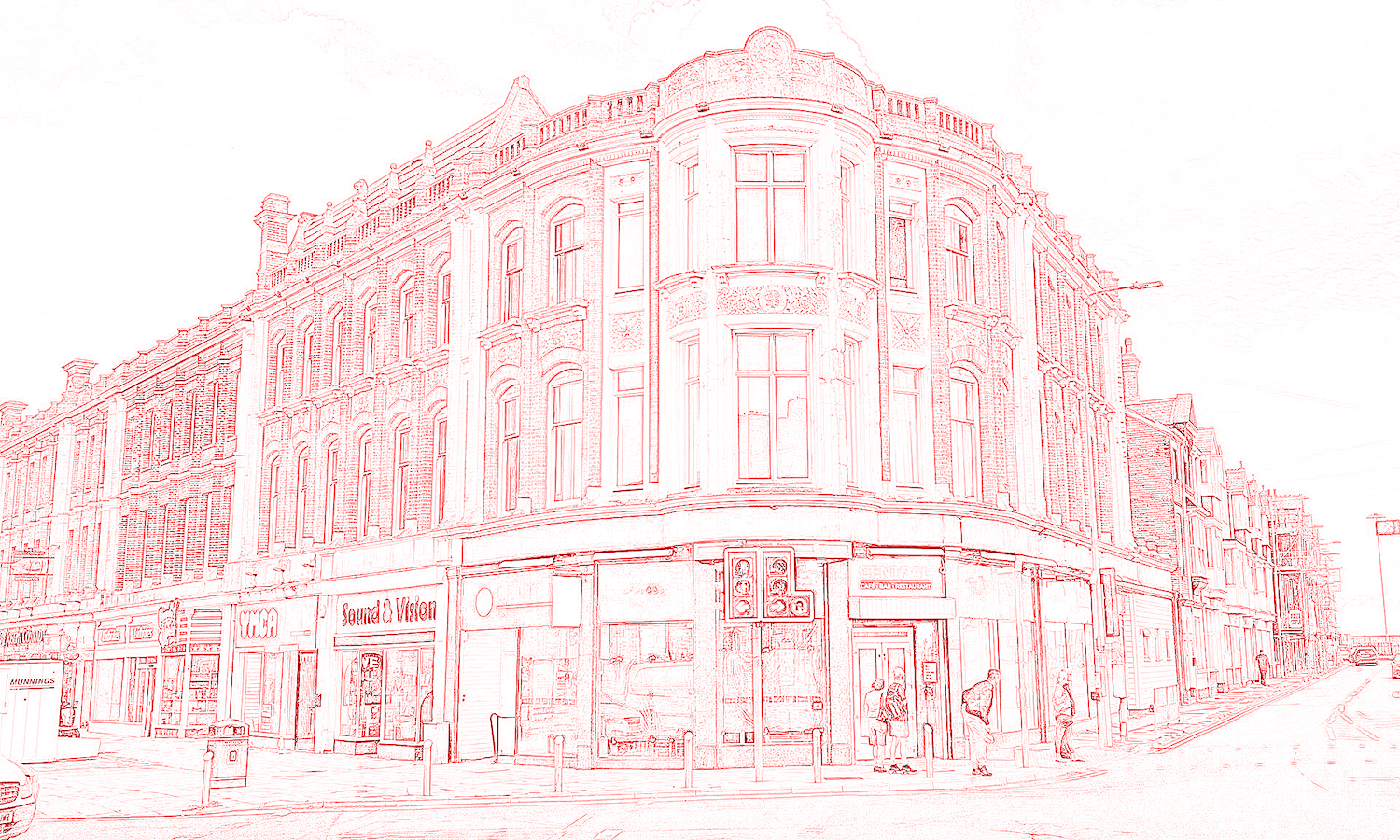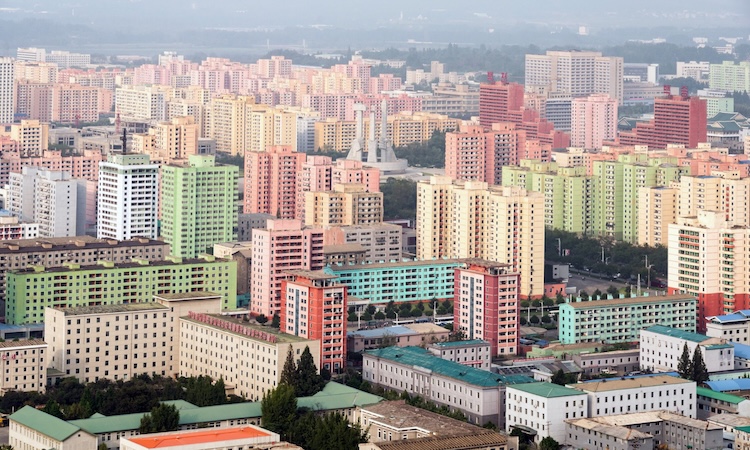Download this leaflet as a pdf.
Everyone except the tiny minority of superrich exploiters who live in a tax-free bubble of privilege and ignorance knows what is meant by the ‘cost of living crisis’. The rapidly rising cost of living (or, indeed, of barely surviving) is imposing itself on ever wider circles, via swingeing energy bills, rising inflation, low wages, job and housing insecurity, food bank queues, hospital waiting lists, inaccessible ambulances and GPs, failing schools, and trashed social services.
People are right to be angry, and many are joining the fight-back against the attempt to make workers pay for the crisis. Some have already taken strike action for wages that match inflation; more are about to join the fray; and protest groups are growing.
The root of the trouble
Workers certainly need short-term fixes to keep them from falling into dire poverty NOW. But we also need to look deeper and find out how to address not only the most pressing symptoms of the crisis, but also its root causes. What, after all, is the point of forcing concessions from our rulers if we don’t at the same time do something to address the social and economic forces that brought us to this point? Do we want to doom ourselves and our children to fighting the same battles over and over again?
The first thing to understand is that this specific crisis is the latest episode in a 200-year saga of capitalist boom and bust.
The fundamental problem at the heart of this system is that the owners of capital make their profits by taking from the workers a part of the wealth that they produce without paying them for it. This ultimately means that more goods are produced than the workers are able to buy back. At the same time, the capitalists try to increase their profits by paying workers as little as possible – in most cases, the bare minimum needed for survival. And then they try to win the battle of competition against other producers by modernising their machinery, which means employing still fewer workers as more processes are automated.
All of which exacerbates the fundamental problem: that the working class can’t afford to buy what its own labour created. On the one hand are products that can’t be sold; on the other are workers going without for want of the means to buy them.
So while the workers produce a constantly increasing amount of wealth, that wealth is not available to society as a whole, but is concentrated in the hands of those who happen to be owners of capital. The number of workers employed is reduced. Competition for jobs is high. Wages are forced lower. Workers live in deepening penury although they are surrounded by plenty. Businesses try to resolve the problem by selling overseas, but eventually the world market is also glutted, and all they can do is cut production. More workers are put out of work, more ‘demand’ is taken out of the market, and the downward spiral continues.
This is what scientific socialism calls an ‘overproduction crisis’, and it is inescapably baked into the DNA of the system of production for profit. Since capitalist economists can’t admit that Marx was right, they have to call things by other names. So the chaos brought by overproduction in 2008 was called the ‘financial’ crisis, and in 2020 the ‘Covid’ crisis. The latest downturn is being blamed variously on Covid disruptions, energy markets and the Ukraine war.
Global market, global crisis
Since the development of capitalism into monopoly capitalism a century ago, the system has become global, which means its crises affect the entire world market and its contradictions have become deeper and more intractable.
The long post-WW2 boom was fuelled partly by the need to rebuild what had been destroyed and partly by the need for the imperialist powers to stand together and provide a meaningful social safety net to their workers, who were calling for socialist revolutions after the experience of two world wars and the great depression. But how many British workers understand that we owe the council houses, old people’s homes, NHS, free education, cheap transport and utilities, etc of this period to the threat of the Soviet example?
Today we see again how the most powerful monopoly-capitalist powers (the imperialists) use their vast economic and military might to try to save themselves at the expense of others – at the expense of their own workers, at the expense of the oppressed countries abroad, at the expense of their rival imperialist powers, and by attempting to break down all resistance to their unfettered looting of the globe.
Clearly then, it is not ‘inflationary wage claims’ that are to blame for this crisis. A worker asking for pay that matches inflation is only trying to keep his real wages stationary. Indeed, most of the current pay claims are based on lowering real wages! Meanwhile, the exploiters conveniently forget about the frantic money-printing which has been stoking inflation ever since the unresolved crisis of 2008.
The crisis and the drive to war
Nor is the cost of living crisis to be laid at Vladimir Putin’s door, though by fuelling the USA’s proxy war against Russia, our rulers have certainly exposed us to the backfiring consequences of their own aggressive sanctions regime.
On the one hand, Britain’s dangerous war rhetoric provides a useful distraction, misdirecting workers’ anger at their rapidly worsening conditions: whipping up Russophobia whilst the bosses are picking their pockets and robbing them blind via a never-ending stream of subsidies (arms and ‘advisers’ to Ukraine; profit guarantees to failing rail franchises; yet more private contracts to ‘help’ schools and hospitals ‘catch up’ after Covid; unlimited subs to the energy giants via the ‘price cap’ …)
On the other hand, our rulers want to hide the fact that only through war can they see any way out of the crisis that their own system has created. They hope to escape the trap by destroying, breaking up and looting the territories and peoples of all those countries that currently defy their diktat, Russia and China in particular.
So it’s not ‘greedy workers’ or foreign ‘dictators’ who are to blame for misery we face. We should rather look at the giant energy companies maximising their profits by screwing every last farthing out of their ‘customers’; or at the private health companies making a fast buck by hastening the collapse of the NHS; or at the privatised water authorities that won’t fix leaks but will poison our rivers whilst paying their CEOs and shareholders handsomely.
Urgent measures needed
Meanwhile, with the crisis deepening by the day, we must demand urgent measures to address the cost of living for workers and stop ordinary people from bearing the burden of a crisis that was not of their making.
We demand:
- Nationalisation of ALL utilities (without compensation) along with monopoly producers, manufacturers and distributors of food so as to ensure a secure supply of all necessaries at affordable prices, free from the vacillations and disruptions of the world market.
- Requisition and building of social housing and introduction of a rent cap to address the housing crisis.
- Leaving Nato, bringing all troops and military contractors home, and ending all aspects of British involvement in aggressive wars abroad.
- Lifting the minimum wage to a level providing a decent family existence.
- Legislation for pay/benefit rises that keep pace with REAL inflation.
- An end to currency devaluation through endless money printing.
- An end to the self-defeating sanctions war against Russia, which is fuelling both the energy and the inflation crises.
- An end to all subsidies to monopoly corporations and banks. Any business considered ‘too big to fail’ or ‘necessary to the national economy’ that cannot make an adequate profit out of ordinary operations should be nationalised without compensation and run according to a plan based on meeting the needs of the people.
The market has proved itself to be totally unable to meet the needs of the people. The capitalists have shown themselves to be entirely unable to run their own system for the benefit of society.
Ultimately, only socialist science enables us to understand the causes of this crisis. And only socialist science can enable us to create a real working-class party that can bring workers’ power to bear in creating a society that not only solves the problems that press on us so heavily and urgently today, but actually offers us the prospect of a bright and fulfilling future.
______________________________















